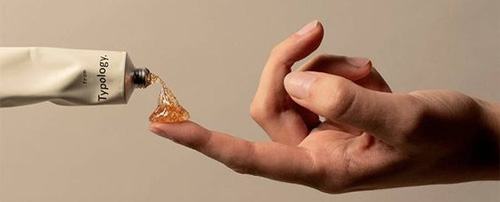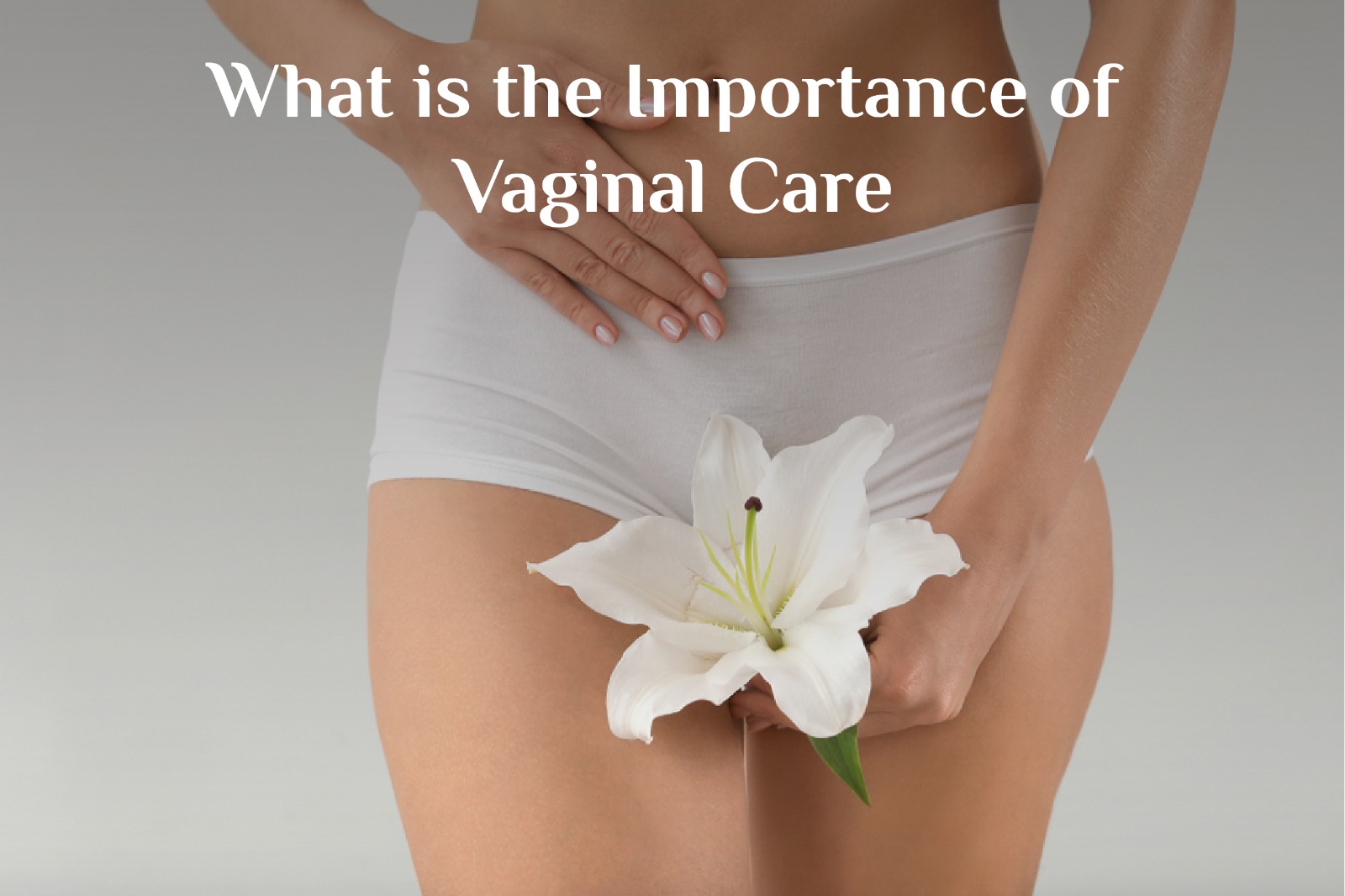The importance of vaginal care is most Hygienic factor in life. Experiencing an itchy, contagious vaginal condition can be incredibly challenging for women, particularly when navigating work, travel, or social interactions. It’s astonishing to consider the number of instances where vaginal infections could have been avoided with just a few minutes dedicated each day to maintaining proper hygiene in the intimate area.
What is the pH level of the vaginal environment?
pH levels play a crucial role in determining the acidity of the vagina. Ideally, a healthy vagina should maintain a slightly acidic environment with pH levels ranging between 3.8 and 4.5.
Typically, bath soaps or gels have pH levels exceeding 8, and even plain water used for vaginal cleansing has a pH level of 7. Using regular soap and water to clean the intimate area can disrupt these pH levels, potentially leading to infections or imbalances in the vaginal environment.
Why does pH imbalance cause vaginal infections?
In the vagina, two types of bacteria exist:
- Beneficial bacteria, which aid in maintaining an infection-free environment.
- Harmful bacteria, responsible for causing infections.
As long as the vaginal environment remains acidic, it encourages the proliferation of beneficial bacteria known as lactobacilli. These bacteria produce lactic acid, which aids in regulating pH levels and prevents the growth of harmful bacteria. However, when pH levels become imbalanced, it disrupts the presence of lactobacilli, compromising their ability to fend off infection-causing bacteria.
Typically, the intimate area is self-regulating, continuously producing secretions for lubrication while cleansing itself, thus preserving its acidic state. However, various factors can disrupt this process, resulting in symptoms such as itchiness, dryness, infections, abnormal discharge in women, redness of the skin surrounding the vagina, pain, and inflammation.
Here are some tips for maintaining vaginal hygiene:
- Change tampons or pads every 3-4 hours.
- Avoid using fragrances, deodorants, or sprays in your intimate area.
- Follow a balanced diet to help prevent infections.
- High sugar levels can increase the risk of yeast infections.
- Wear clean underwear.
- Avoid tight-fitting clothing around the genital area.
- Use caution when using Western toilets in public places.
- Ensure the area around your vagina stays dry.
- Be gentle when cleaning your intimate parts, avoiding harsh scrubs.
- Refrain from engaging in sexual intercourse with unfamiliar partners to reduce the risk of contracting infections.
Intimate cleansers
In addition to these practices, there are specialized products available to support vaginal hygiene. Senziwash is a popular intimate care wash for women, formulated with lactic acid, tea tree oil, and sea buckthorn oil. It aids in maintaining the pH balance of the intimate area, preventing discomfort such as itchiness and dryness while leaving you feeling fresh throughout the day.
Senziwash the House of Senzicare is gentle enough for multiple uses daily, including during menstruation and pregnancy. It helps preserve beneficial bacteria while guarding against unwanted infections. To use, dispense a few drops of the intimate wash into your palm, lather, and apply it to the vulval area, ensuring thorough rinsing afterward.
There’s no need to feel ashamed about your body. Regularly monitor for any unusual discharge or discomfort and don’t hesitate to seek advice from your doctor. Remember, it’s your body, and taking care of it is essential.


